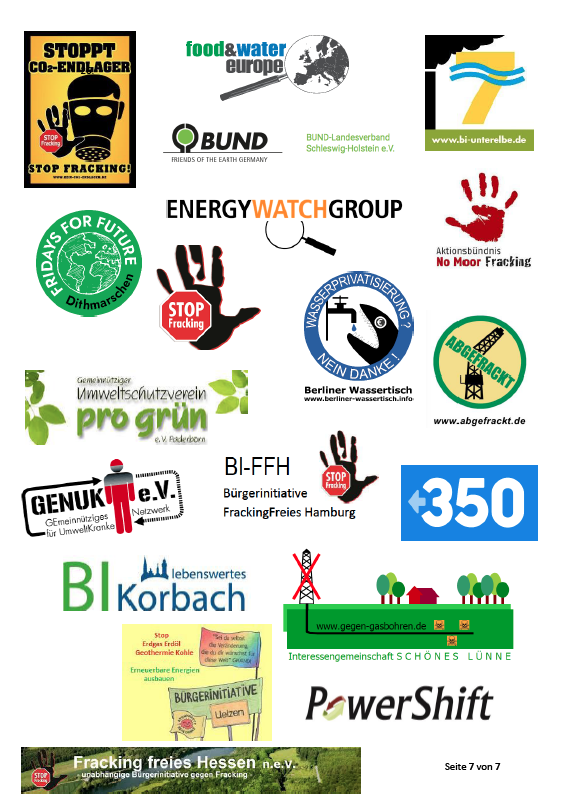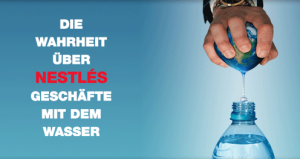
Office of the high commissioner
15 March 2021
The water crisis has a “major impact on human rights” expert says
Water is the lifeblood of human beings, and all life on Earth,” David R. Boyd, UN expert on human rights and the environment said while presenting his latest report to the Human Rights council in Geneva, Switzerland
“And yet, over 2 billion people lack access to safely managed drinking water. Over 4 billion people lack access to safely managed sanitation. Water shortages now affect more than 3 billion people. Three quarters of all the natural disasters in the last twenty years were water-related, including floods, landslides and other extreme weather events.”
In his report, Boyd describes the causes and consequences of the global water crisis, focusing on the negative impacts of water pollution, water scarcity and water-related disasters on the enjoyment of a number of human rights, including the rights to life, health, water, sanitation, food, a healthy environment, an adequate standard of living, development, culture, and the rights of the child.
“Eighty per cent of wastewater is discharged into the environment untreated, contaminating surface water, groundwater, soil, and the oceans. Waterborne disease causes nearly 2 million preventable deaths worldwide annually, with the greatest burden falling on children under 5 years of age.”
Boyd further pointed out that the effects of the global water crisis fall disproportionately upon vulnerable or marginalized groups – including women, indigenous peoples, minority groups, refugees, persons with disabilities, older persons, and people living in poverty, and are compounded by factors such as age, gender, poverty, disabilities and cultural or ethnic background.
In addition, he indicated that protecting marginalized populations’ rights would also enable them to contribute greatly to water solutions, naming women and indigenous peoples as key actors in improving the way water is used, allocated and managed in urban and rural households and in local communities.
Boyd reminded States, however, that they primarily have the obligation to ensure safe and sufficient water and called on them to apply a rights-based approach to all aspects of allocating, managing, conserving, protecting and restoring water.
In his report, he outlines seven key steps that States should take to fulfil their human rights obligations, including conducting a state-of-the-water assessment; conducting a legal mapping and strengthening initiative to ensure that human rights are incorporated in water and wastewater laws, regulations and policies; develop or revise water-related plans to incorporate a rights-based approach; implement water-related plans and enforce water-related laws, regulations and standards; evaluate progress;
building human, financial and institutional capacity; and informing and engaging the public, particularly women, youth and other vulnerable and marginalized groups.
Boyd’s report also highlights the responsibilities of businesses, naming them as a major contributor to water pollution, water overuse, and degradation of freshwater ecosystems, through deforestation, the damming of rivers, the extracting, transporting and burning of fossil fuels, industrial agriculture, intensive livestock operations, industrial fisheries, the fashion and textile industries, large-scale mining, and the commodification of water and nature.
“Businesses have outsourced many activities that pollute, overuse water and damage freshwater ecosystems from high-income nations to low-income nations, exploiting environmental and human rights standards that are lower or not enforced,” he said.
“Businesses must adopt human rights policies, conduct human rights due diligence, establish transparent and effective grievance mechanisms, remedy human rights violations for which they are directly responsible, and work to influence other actors to respect human rights where relationships of leverage exist.”
Boyd also raised the issue of environmental defenders, including clean water advocates who, he stressed, continue to be murdered, criminalized, and intimidated. He urged States to do more to protect them.
Ultimately, Boyd added, ensuring safe and sufficient water is essential to protecting a wide range of human rights and achieving the UN Sustainable Development Goals.
Zum Beitrag




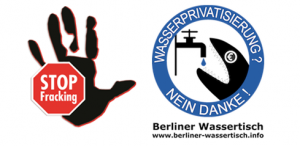
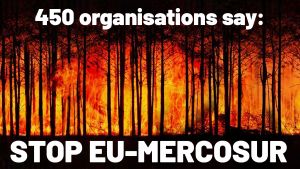

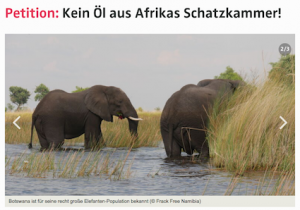


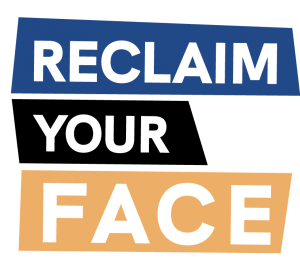






 Pressemitteilungen
Pressemitteilungen


